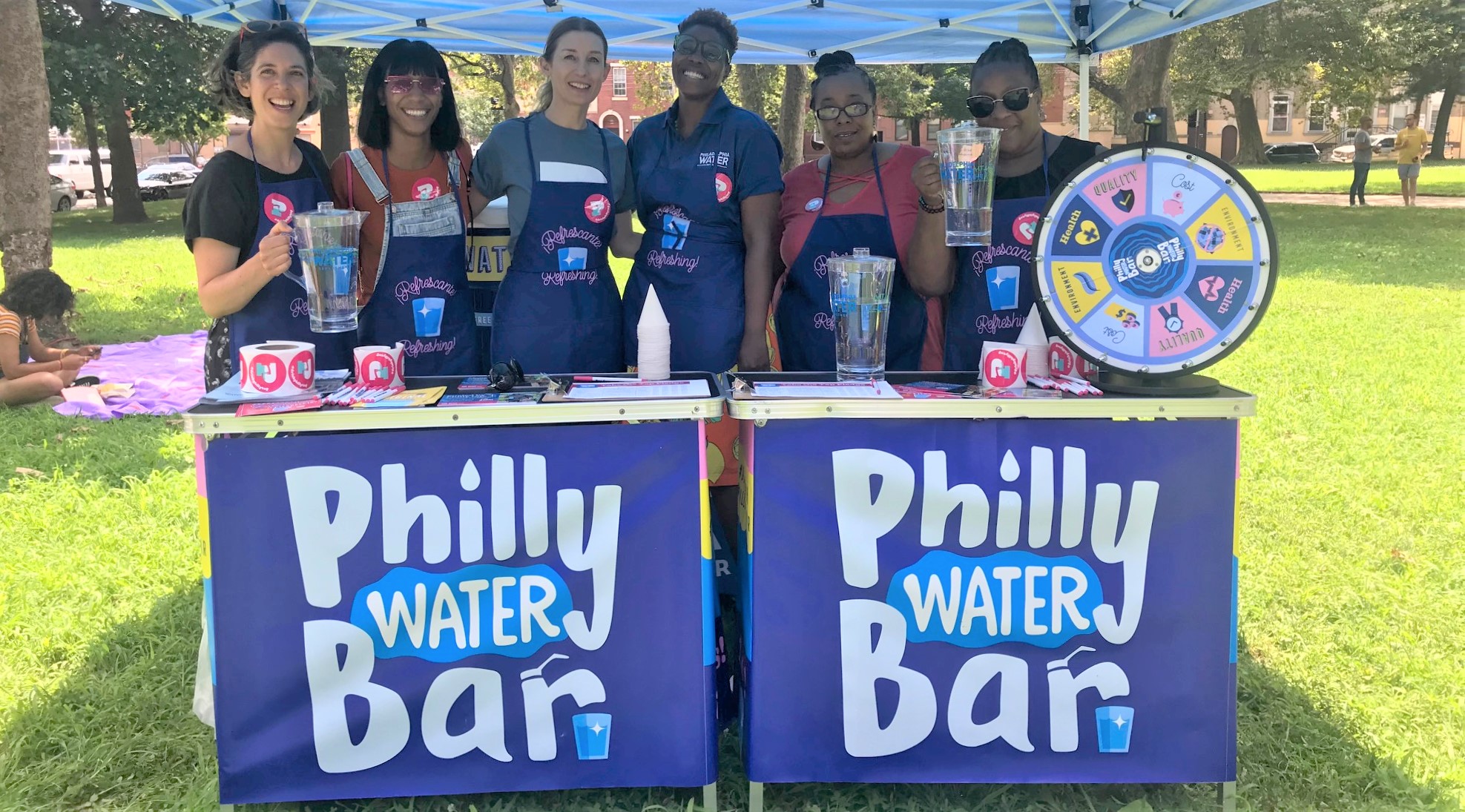
The next time you’re at a party out in Delaware or Montgomery County, you may want to tread lightly on the subject of utility bills. A recent survey of the surrounding areas revealed that many water customers are paying double what the average customer in Philadelphia is paying. In fact, customers of Aqua America—a publicly traded, for-profit, investor-owned utility (NYSE: WTR) that covers Delaware, Montgomery, Chester, and Bucks counties—charged $53.61 for 4,488 gallons (600 cubic feet) of water, the average amount used by PWD customers. Philadelphians, on the other hand, paid just $26.08 for that same amount from the taxpayer-owned Philadelphia Water Department.
A full comparison of water and sewer charges paid by PWD customers and customers of Aqua and eight other utilities can be found here.
OK, but maybe our suburban neighbors are getting better water from a different source, right? They could be trucking in some really primo stuff from those same crisp, cool mountain streams that we see on Coors Light commercials. That would explain how it’s twice the cost.
Nope.
According to Aqua’s own website:
Water Sources: Surface water from the Crum, Pickering, Brandywine, Perkiomen, Neshaminy, Ridley and Chester creeks, Schuylkill and Delaware rivers…(emphasis added)
Same stuff. It’s worth noting that all those other creeks (except the Brandywine) flow into either the Delaware or Schuylkill.
So why is the same water so much cheaper in Philadelphia? We can’t claim to know too much about how those other utilities run their operations, but we do know that the Philadelphia Water Department has always strived to keep its costs as low as possible while fulfilling its mission to:
… plan for, operate, and maintain both the infrastructure and the organization necessary to purvey high quality drinking water, to provide an adequate and reliable water supply for all household, commercial, and community needs, and to sustain and enhance the region’s watersheds and quality of life by managing wastewater and stormwater effectively.
We answer first and foremost to our customers, who also happen to be the taxpayers of Philadelphia. Nowhere in our mission, either stated or implied, is a reference to maximizing the value of shareholder equity. And our managers are not rewarded based on how happy they keep some group of investors. And so you, the ratepayer in Philadelphia, get a high-quality product at half the price that your suburban neighbors are paying.
We won’t tell them if you don’t.





